This blog was written by Anyone’s Child campaign manager, Jane Slater
Rose Humphries, Anyone’s Child member, said:
“Today’s terrible news of yet more unnecessary deaths from drugs has once again saddened me. I hope we can influence policy to prevent other parents having to hear the worst news any parent can hear, the things most people don’t even want to think about, the tears, and the grief of having to arrange their child’s funeral.”
Drug Deaths at Record Levels
Today the Office of National Statistics has revealed that 2,593 people died from the use of illegal drugs in 2016 in England and Wales alone. That’s 2,593 tragic – and entirely avoidable – drug war tragedies, and 2,593 more families who have lost a loved one because of failed drug policies.
What’s more, this figure is 2% higher than 2015. That means record numbers dying for the fourth year in a row, and the highest number since the statistics were first collected in 1993.
The People behind the statistics
Yet these cold stats disguise the very real human stories of the families that been impacted and are now suffering in growing numbers. The story of Anne-Marie who lost her fifteen year old daughter to ecstasy, Cara who lost her partner and whose child is now growing up without a dad due to a heroin overdose, and Ray who lost his two sons to ecstasy in one night.
There are now fifty families like these, each week, destroyed by a death due to an overdose in England and Wales alone. Each of these people is someone’s brother, child, daughter or husband. Read their individual stories here.
Today we launched the story of our latest Anyone’s Child member Nicole. Nicole who is just 24 years old, lost her brother to the synthetic drug called N-Bombe. At the age of 18 he was hoping to take the less potent synthetic drug called 2-CP. However when buying drugs in an illegal market it is impossible to know their strength or purity. Nicole’s brother tragically suffered a cardiac arrest as a result of what he took and 4 days later was pronounced clinically brain dead. You can read her full story here – this is the latest of the families to join our group who recognise that the drug war has failed and that we urgently need a new approach.
Nicole said:
“Alex was a great guy who was just beginning at life, who loved his family and his friends, who had everything ahead of him and everything to live for. One decision due to bad policies cost him his whole life.
It doesn’t have to be this way
The UK has one of the highest drug-related death rates in Europe – one in three drug overdoses across the continent now occurs in the UK. On the other hand, Portugal which decriminalised the possession of all drugs back in 2001 now has the second lowest drug overdose rate of any European country. There is evidence, and a growing mountain of it, that other approaches to drugs – which have a greater focus on health rather than a criminal justice driven approach lead to better results and most importantly fewer deaths. When are we going to look at the evidence and follow suite?
And yet… just two weeks ago the UK government released a truly abominable drug strategy – which focused on a zero tolerance approach to drugs, less attention to harm reduction and more effort on stamping out drugs once and for all. Depressingly if we continue with this approach we can only assume that our drug deaths will continue to soar.
The solution
I think the time has come to get angry with our politicians for failing to engage with this important issue. These deaths are entirely unnecessary and preventable. We need to take to the streets and have our voices heard to demand that we change our approach to drugs. When HIV/AIDS death soared in the 1980s people did this, and even under Margaret Thatcher’s leadership, important life saving measures including the introduction of needles exchanges were introduced to curb the rising death toll.
We need our government to address the drugs crisis now and stop pretending it’s not happening. We must decriminalise drugs immediately and ultimately control and regulate the market- to stem the crisis and to help keep people and our children safer.
As Rose states:
“When my grandchildren are older, I’d prefer them not to use drugs. But, if they do, I want it to be without going to unsafe environments, without risking a criminal record or worse, without their families feeling fear and shame, with truthful drugs education, and by choosing safely produced and labelled products from regulated outlets. That’s why I want the legal regulation of drugs –to stop this needless suffering”
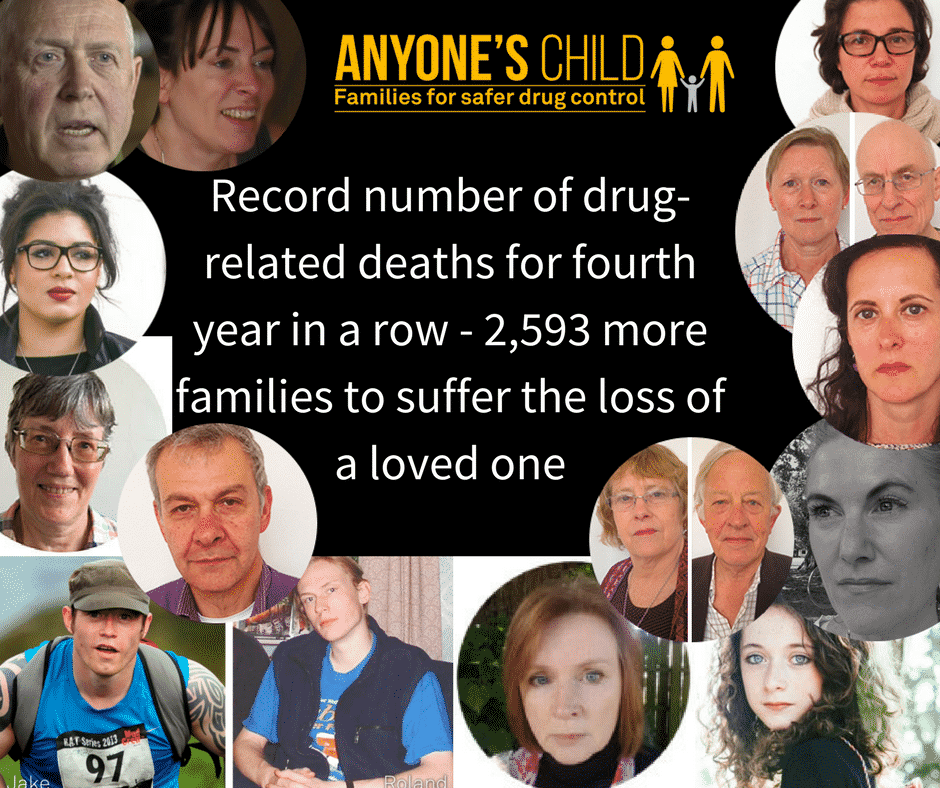
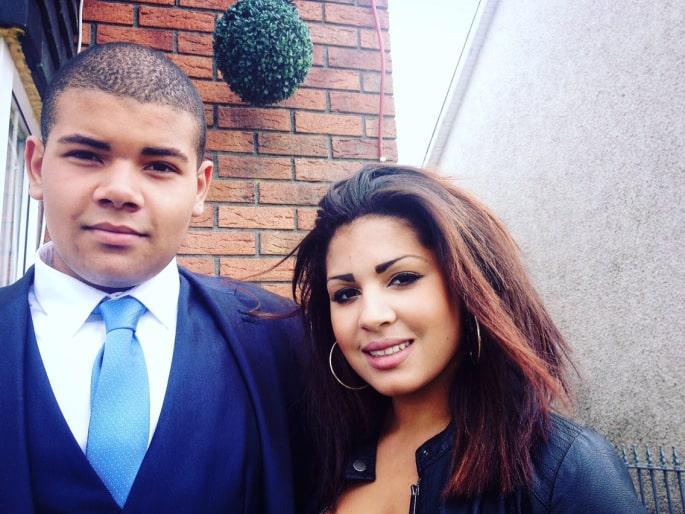
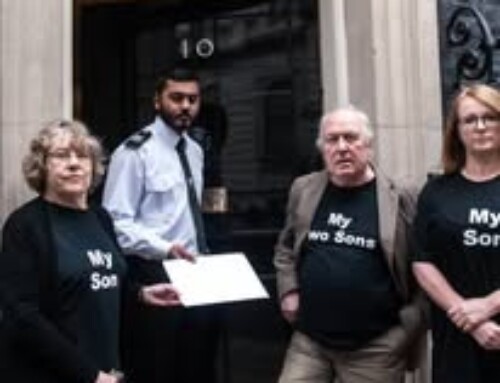
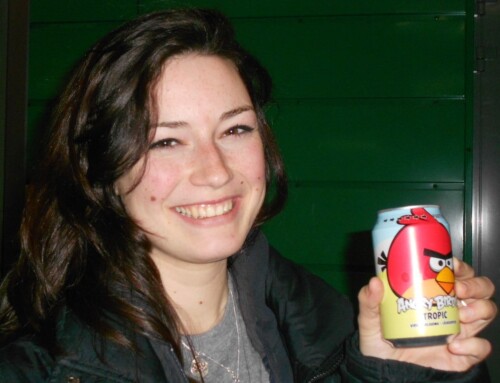
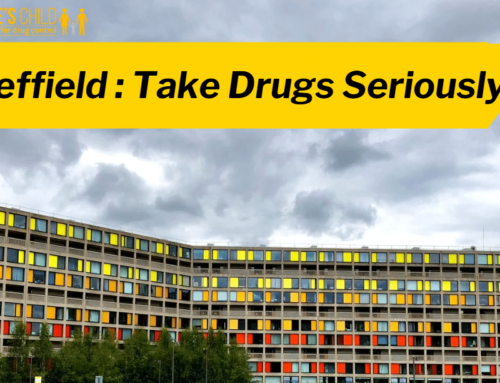
Leave A Comment